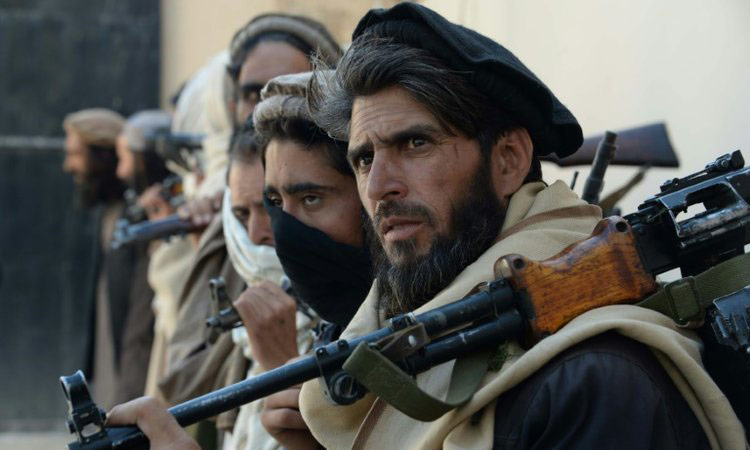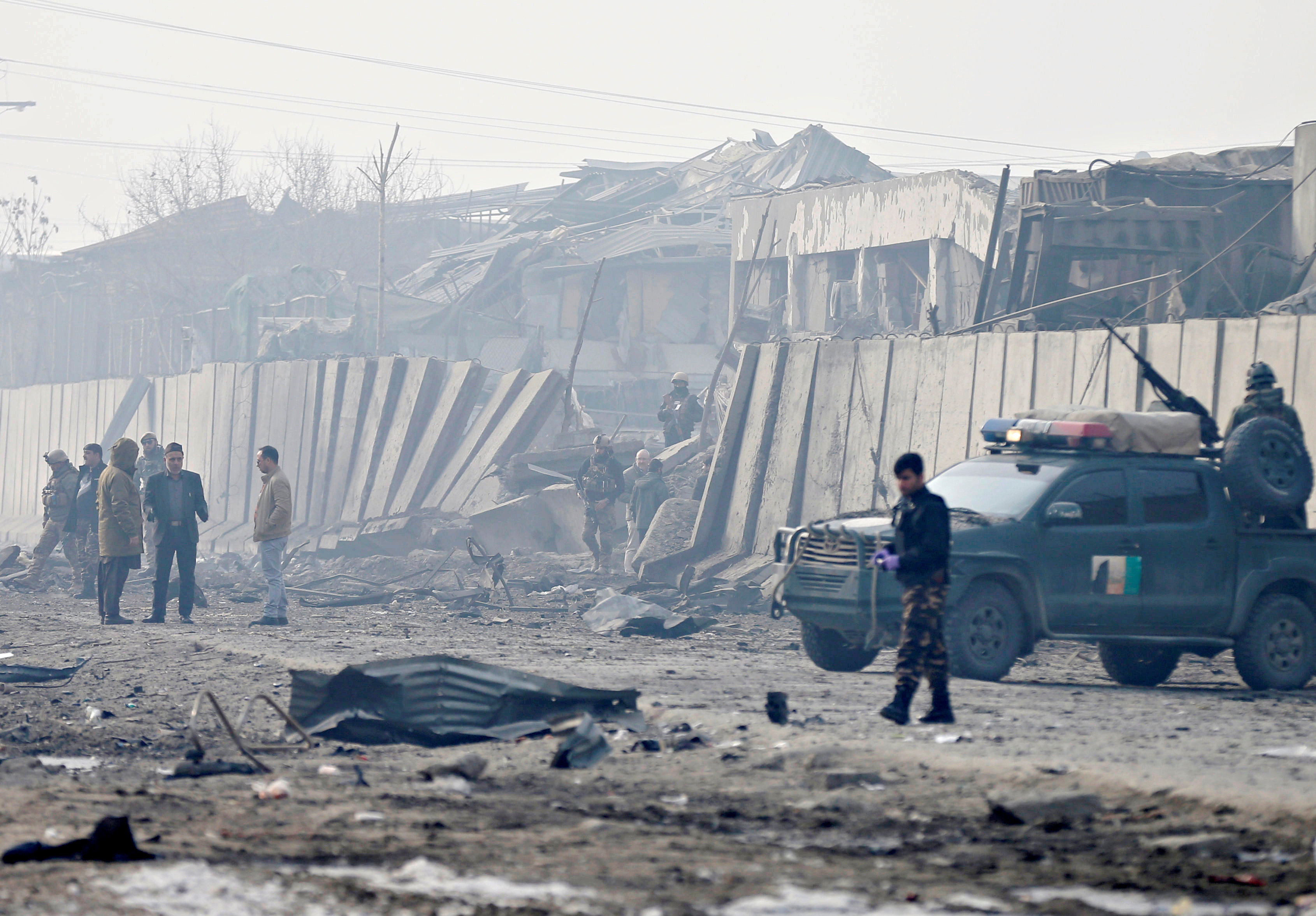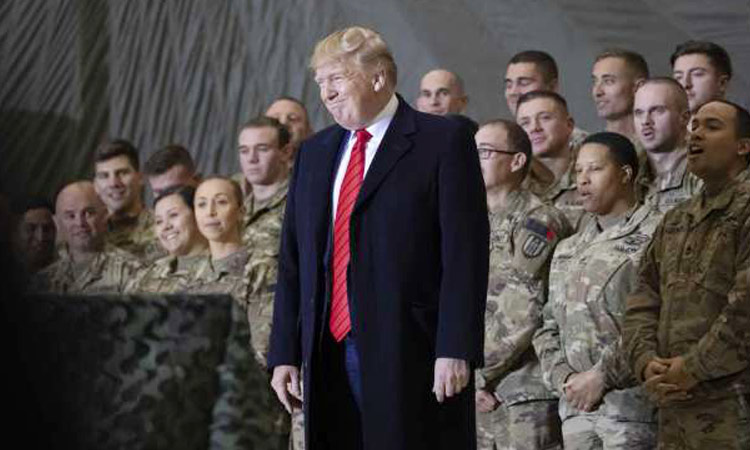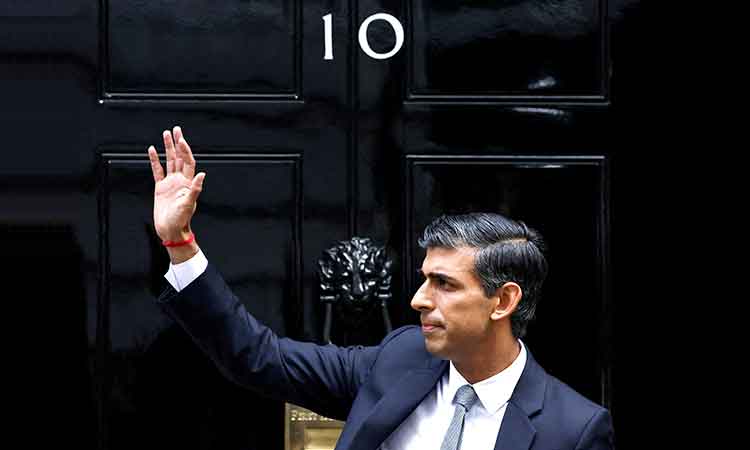The power tussle between Taliban and Daesh

Image used for illustrative purpose only.
While the main enemy of Daesh are the United States and its European allies, it has unwittingly challenged the political authority of the Taliban. The Taliban can certainly derive satisfaction that they have driven out the US and the NATO forces from the country, but they are literally forced to look over the shoulder as it were as the Daesh emerges as a challenger. Both the organisations are ideologically like-minded in their desire to establish religion-based laws to rule civil society, but power rivalries are inevitable.
What has been surprising is that the Daesh has stayed almost invisible. It was not known that it was one of the players on the Afghan chessboard. It seemed that it was just the Taliban, representing the puritanical forces. By entering the fray openly, the Daesh has declared that the Afghan game is not yet over, and that the Taliban cannot declare victory so soon. It cannot be surmised that the aim of the Daesh suicide bombing was to support and strengthen the Americans, and it was meant to force Washington not to extend the August 31 deadline. This development does not only make the situation complicated for the Taliban, but it also makes the situation more nightmarish for the people of Afghanistan. They must abide by the puritanical rules of the Taliban, and they will also be subject to the puritanical and fanatical whimsicalities of the Daesh.
The Americans and then American president Donald Trump had claimed that the Daesh had been smashed with the killing of Abu Bakr Al-Baghdadi, the leader of the Daesh. The Daesh may have lost ground in Syria and Iraq, but it has shifted base to Afghanistan. The Taliban-Daesh rivalry might amuse the Americans now that they are out of the complicated situation, but it is certainly a challenge for the Taliban. The Taliban, which is mainly constituted of Pakhtoons in Afghanistan is a local force compared to the Daesh which will have mainly Arab, and other Central Asian recruits. A power tussle between the Taliban and the Daesh in Afghanistan would be a dangerous development, not just in Afghanistan but in the Central Asian republics to the north of Afghanistan like Tajikistan, Kazakhstan, Uzbekistan, as well as to Iran and to Pakistan.
It would not be right to exaggerate the strength of the Daesh in Afghanistan based on the suicide bomb blasts in Kabul on Thursday. It might be the case that the Daesh does not have the men or the guns to sustain a guerrilla struggle in and around Afghanistan. But even a relatively weak Daesh remains a destabilising factor in the region. And the presence of two militant groups is an opportunity for outside powers to fish in troubled waters, support one against the other. It is not enough if the Taliban become a moderate force. They must abandon their ideas of orthodoxy and allow democracy to flourish. One of the ways of preventing the growing influence of Daesh must be to preserve the democratic victories of the 20 years in Afghanistan.







